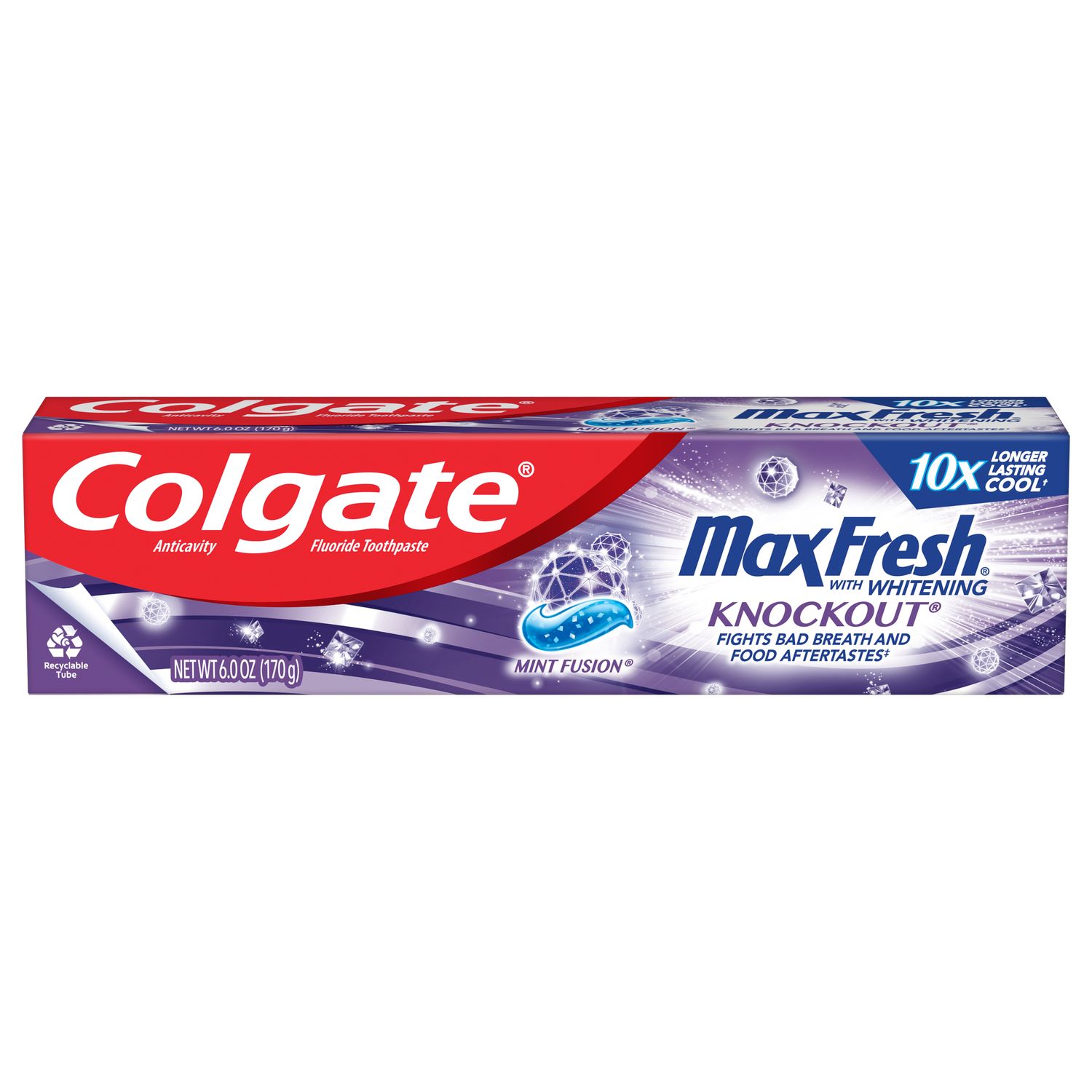How to Get of Toddler Bad Breath
First, try to figure out the cause of your toddler’s bad breath. The most common culprit is poor oral hygiene, so it might be time to step up their oral hygiene routine. Make sure to brush their teeth twice a day with an age-appropriate fluoride toothpaste, using a toddler toothbrush designed to clean little mouths.
Other potential causes include:
- Tooth decay or gum disease. These oral health conditions can develop when plaque builds up on the teeth. If you suspect either condition, book your toddler in for a dental check-up.
- A diet high in sugary or starchy foods. Plaque bacteria feed on these foods, increasing the risk of bad breath and oral health problems.
- Throat, tonsil or sinus infections. Toddler bad breath should go away once the infection is treated, so see your pediatrician for advice.
- Dry mouth. This can be caused by dehydration, so make sure your toddler is drinking lots of water or milk throughout the day.
- A foreign object lodged in the nasal passages. Shoving small things up their nose seems to be an irresistible pastime for toddlers! If you suspect this, take them to the pediatrician for safe removal.
No matter the cause, healthy snack switches can be a great home remedy for bad breath in kids! Here are our top six healthy snack recommendations for fighting toddler bad breath.
1. A+ Apple Slices
Apple slices are a staple of toddler snack time, and we're happy to report that the fiber-rich treat is also great for eliminating stinky bacteria that causes bad breath. Chewing on this high-fiber food actually helps to scrub teeth of plaque and bacteria, according to the American Dental Association.
TIP: Chewing fiber-rich fruit such as apples and pears also boosts saliva production, which acts like a natural mouthwash to fight toddler bad breath.
2. Keep Carrot Sticks
Simple carrot sticks are easy to prepare and are fantastic at helping to freshen toddler bad breath. Just like with fruits, chomping crunchy vegetables such as carrots, cucumbers, or celery increases salvia, which then rinses away odor-causing bacteria.
TIP: If you have a toddler, we probably don't have to tell you this, but just a reminder: Kids love dips. Any kind of dips! Offering peanut butter, ranch, or hummus on the side will make carrot sticks more enticing for your toddler.
3. Yay For Yogurt
You can feel great about serving yogurt, too. Kids love it, and it’ is clinically shown to help with bad breath. Japanese researchers found that eating plain, sugar-free yogurt reduced hydrogen sulfide, a compound known as a common bad-breath culprit, in 80% of volunteers.
TIP: The credit for freshening breath goes to beneficial bacteria in yogurt, so look for probiotic yogurt with the live active culture strains Lactobacillus bulgaricus or Streptococcus thermophilus.
4. All About Orange Slices
You don't need to reinvent the wheel when it comes to snacks that get rid of toddler bad breath. Not only are simple orange slices kid-approved, nutritious, and good for gum health, but vitamin C rich-foods create an environment that odor-producing bacteria just can't tolerate.
TIP: Oranges, melons, and berries, also deliver powerful antioxidants that can support periodontal treatments, according to the journal Nutrients.
5. Cheer Up with Cherries
Cherries are another delicious option that can freshen breath and still make the cut for toddler snack time. Cherries (and other foods, such as lettuce) have been shown to counteract a stinky compound that contributes to bad breath called methyl mercaptan.
TIP: Safety first! For toddlers, the stones in cherries can be a choking hazard, so do remove the pits from the cherries before serving.
6. Water World
Water is the beverage of choice for counteracting bad breath in anyone — and it works for toddlers, too. Drinking plenty of water washes away food particles and bacteria from between the teeth. It also deprives odor-causing anaerobic bacteria of the dry environment they like.
TIP: In addition to washing away little pieces of food and making the mouth an unfriendly place for bacteria to live, water also combats bad breath by increasing saliva production, which minimizes smelly bacteria — and keeps mouths healthier overall. You can also explore flossing and brushing strategies to beat toddler bad breath.
How to Get Rid of Newborn Bad Breath
It’s not just toddlers who can suffer from bad breath! You might wonder how on earth your sweet newborn could have stinky breath, but breastmilk and formula also contain sugars that oral bacteria feed on. Make sure to regularly wipe down their gums with a soft, clean cloth to keep their breath fresh; this will also get them used to oral hygiene from day one. And clean those pacifiers regularly, too, as they can harbor stinky bacteria.
As their tiny stomachs adjust to their new diet, newborns may sometimes regurgitate a little bit of milk after a feed. This can cause sour breath in some babies, but is usually nothing to worry about and resolves with time. Like toddlers, newborns can also suffer bad breath if they’re congested. If you have any concerns about your baby’s breath or any potential underlying causes, be sure to ask your pediatrician for advice.
This article is intended to promote understanding of and knowledge about general oral health topics. It is not intended to be a substitute for professional advice, diagnosis or treatment. Always seek the advice of your dentist or other qualified healthcare provider with any questions you may have regarding a medical condition or treatment.
ORAL HEALTH QUIZ
What's behind your smile?
Take our Oral Health assessment to get the most from your oral care routine
ORAL HEALTH QUIZ
What's behind your smile?
Take our Oral Health assessment to get the most from your oral care routine





.jpg)









